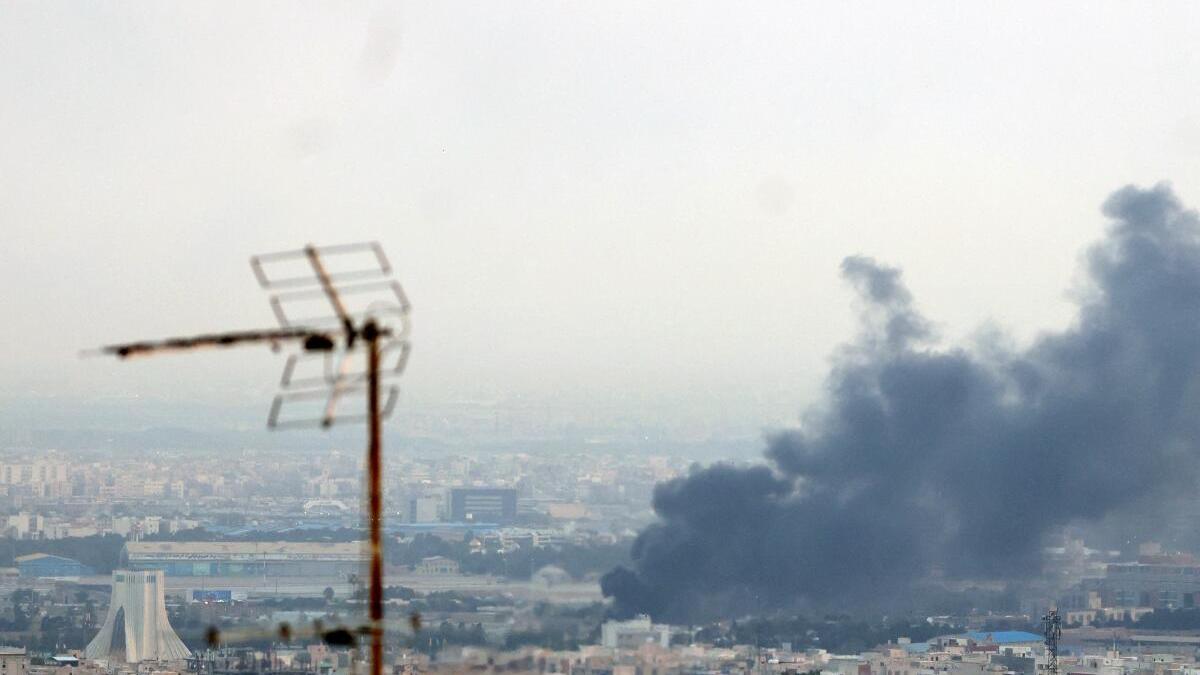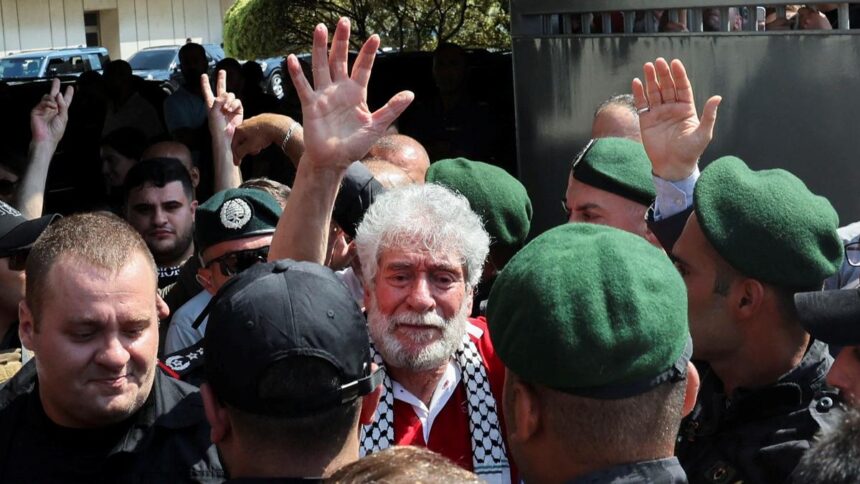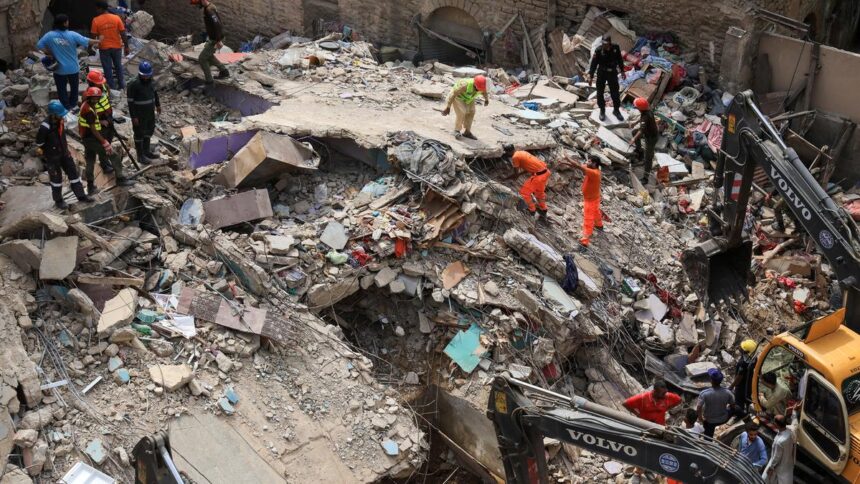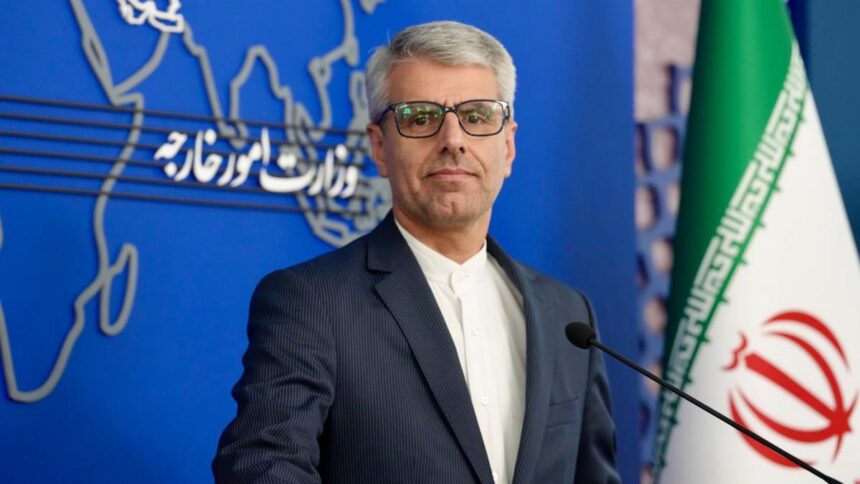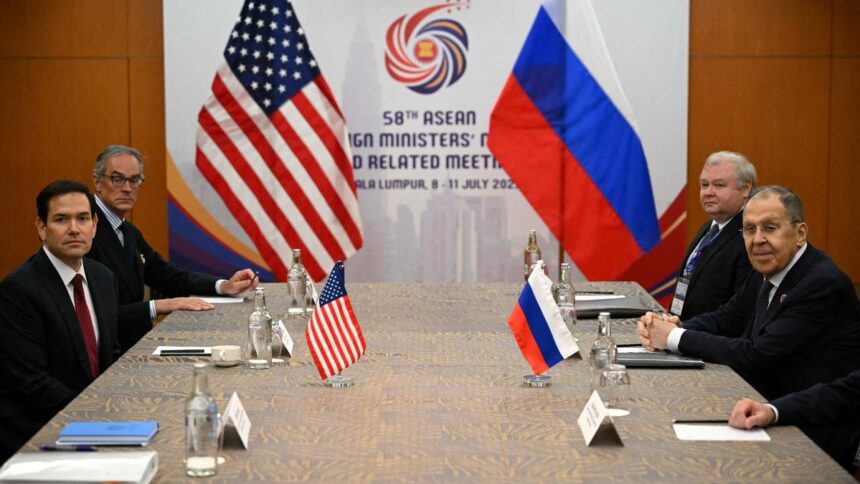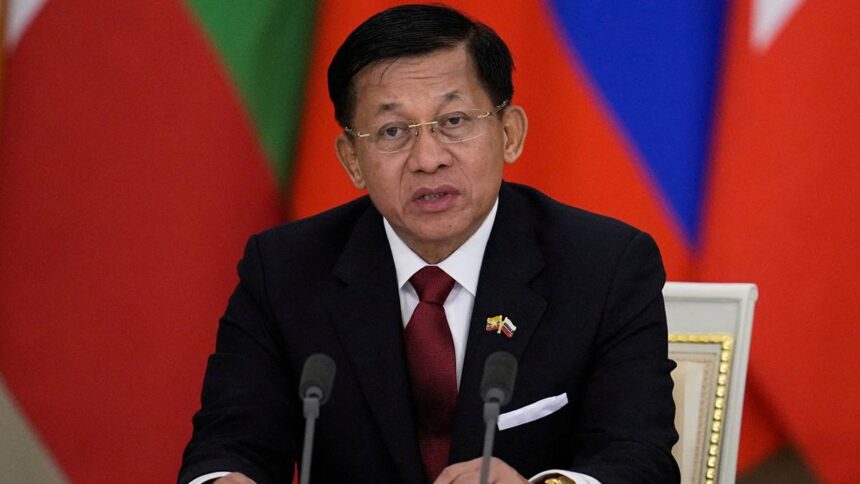(This article is part of the View From India newsletter curated by The Hindu’s foreign affairs experts. To get the newsletter in your inbox every Monday, subscribe here.)
When Israel launched an all-out air war against Iran on June 13, it said the attack was aimed at destroying Iran’s nuclear programme. On day one, Israel bombed Iran’s Natanz nuclear facility and several ballistic missile sites, besides assassinating the country’s top Generals, including the chief of the armed forces. In the subsequent days, Israel bombed the nuclear facility in Isfahan. Iran’s command centres, missile launchers, civilian locations and even the headquarters of the state TV. Israel has established air superiority over Iran. In retaliation, Iran launched close to 400 missiles, hitting several targets in Israel, including an oil refinery in Haifa and a top research institute near Tel Aviv.
While the air war is escalating, there are questions about Israel’s endgame. The IAEA, the UN’s nuclear watchdog, said on June 16 that Israel’s attack “severely damaged if not entirely destroyed” the centrifuges at the Natanz facility. The Israeli strike had “completely destroyed” the above-ground facility at Natanz, according to IAEA chief Rafael Grossi. The underground hall housing the centrifuges that enrich uranium was not directly hit. “However, the loss of power to the cascade hall may have damaged the centrifuges there,” he said. Mr. Grossi also said four buildings were destroyed at the Esfahan Nuclear Technology Centre – a chemical lab, a uranium conversion plant, a fuel manufacturing plant, and a facility to convert uranium hexafluoride to uranium metal. But there was no major damage to the Fordow enrichment plant, which is Iran’s most fortified facility that has been built deep under a mountain.
Israel’s main objective is the total destruction of Iran’s nuclear programme. As Israel has aerial superiority, it can continue to bomb Iran. So Israel is unlikely to accept any call for an immediate ceasefire until it meets its objective. But there is a problem. Israel doesn’t have the kind of bunker buster bombs or the strategic bombers that can carry such bombs to destroy heavily fortified facilities such as Fordow. So Israel’s offensive is not going to be concluded soon. And Iran, on the other side, despite the heavy losses it suffered, continues to hit Israel back with ballistic missiles. On June 17 morning, Iran launched more than 20 ballistic missiles, some of which hit central Israel. This leaves Prime Minister Benjamin Netanyahu with three options.
One, continue the relentless bombing of Iran, pushing the country towards state collapse or regime change. On June 15, while speaking to Fox News, Mr. Netanyahu said Israel’s attack could lead to regime change in Iran. The next day, he refused to rule out assassinating Ayatollah Ali Khamenei, Iran’s Supreme Leader, as he said such an outcome would end the conflict. This explains why Israel is focused on decapitating the Iranian government. It is going after all the top commanders of the military and the IRGC. While it’s not clear what would come if the regime collapses, Israel would prefer a weak, balkanised Iran, like Iraq, Lebanon or today’s Syria, than a unitary civilisational and ideological state.
Two, let Donald Trump use the military pressure on Iran as a negotiation stick and extract a deal from Tehran. On June 16, there were reports that Iran had sent feelers to America through Gulf Arab countries that it was ready to return to talks if Israel stops bombing. The deal Mr. Trump wants is one which would require Iran to completely abandon its nuclear programme. Until now, Iran has maintained that it has, as a signatory to the NPT, legitimate rights to enrich uranium for civilian purposes. Mr. Trump said even after Israel started the war that he was open for a deal. But the question is whether Iran would go for talks with the U.S. when the country is under attack. So far Iran has said no. It demands Israel stop the bombing. But will Mr. Netanyahu, after having started the war and established air superiority, stop the strikes? Unlikely.

The third option is to drag the U.S. in. Mr. Trump has so far maintained that America was not involved in the war. But he admitted that he was aware of Israel’s attack plans even when he publicly voiced opposition to them. Israeli officials say they went ahead after getting “a clear green light” from America. Mr. Trump has warned Iran not to target American bases or soldiers. And Iran has been careful not to escalate the war beyond Israel. But Israeli officials, according to Axios, are pressing the U.S. to join the war. If the U.S. joins, Israel can pursue its goals with greater force — total destruction of Iran’s nuclear facilities either through direct strikes or through regime change. Mr. Trump’s position, as of now, is to let Israel continue the bombing. He said on June 17 that he was not pressing for a ceasefire. He said what he wants is a “real end” to Iran’s nuclear programme.
The Top Five
1. Rogue nation: On Israel’s Iran strikes
If the Iran-Israel war spills over into the Gulf waters and kingdoms, it would be catastrophic for the global economy, especially for India whose millions of citizens work and live in the region. There must be an immediate, coordinated international effort to rein in the Jewish state and reboot diplomacy to restore stability in West Asia, write The Hindu in this editorial.
2. Ayatollah Ali Khamenei | The last ‘revolutionary’ of Iran
The head of Iran’s theocratic regime faces the greatest test since the 1979 revolution with the country’s regional influence waning and Israel freely carrying out attacks at its nuclear and missile facilities and assassinating its top commanders, writes Stanly Johny.
3. India starts relocating citizens from Tehran to other parts of Iran
As conflict escalates, EAM Jaishankar speaks to counterparts in Armenia and UAE; Indian embassy in Tehran working with local Iranian authorities to shift Indian citizens in the capital and other places to safer locations; in Israel, where the airspace is closed completely, Indian embassy officials in Tel Aviv are guiding citizens who can move out towards the land borders with Jordan and Egypt, report Kallol Bhattacherjee and Suhasini Haidar.
4. More ‘mind space’ for India in the American imagination
India needs to ensure that it captures intellectual space in the American imagination, and is understood on its own terms, writes Nirupama Rao.
5. The war on Gaza, exposing Israel’s hidden ambition
Israel’s war is about ‘finishing the job’ — one that began in 1948, writes Ambassador Abdullah M. Abu Shawesh.
Published – June 17, 2025 05:28 pm IST








